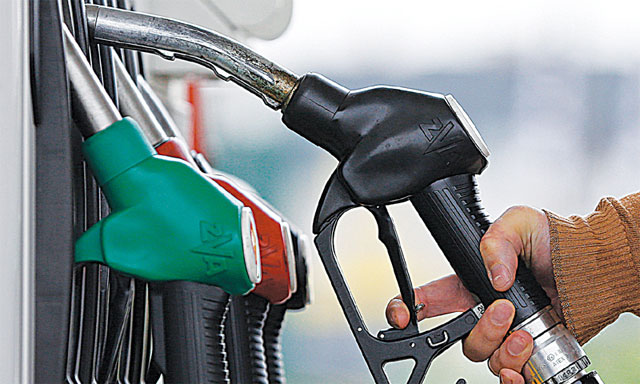
The government on Wednesday slashed prices of petroleum products by up to Rs3 per litre effective from April 1, 2021.
It reduced the price of high-speed diesel (HSD) by Rs3 per litre, petrol by Rs1.55 per litre, kerosene oil by Rs1.55 per litre and light diesel oil (LDO) by Rs1.56 per litre.
The government had increased prices of petroleum products over the past several months. Now, the prices have been reduced for the fortnight from April 1 to 15, 2021.
High-speed diesel is widely used in transport and agriculture sectors. Therefore, the reduction in its price will have a positive impact and ease inflationary pressure.
The government reduced the prices following recommendations of the Oil and Gas Regulatory Authority (Ogra).
The prime minister decided to cut prices despite opposition from the Finance Division, which wanted to adjust the price reduction by increasing the rate of petroleum levy to fetch more revenue from the consumers.
Ogra determines ex-depot prices of petroleum products on the basis of petroleum levy and general sales tax.
In the second half of March, the federal government raised ex-refinery prices by reducing the petroleum levy on petroleum products.
Following the government’s decision to cut prices, the price of petrol has come down to Rs110.25 from Rs111.90 per litre, with a reduction of Rs1.55 per litre. The price of high-speed diesel now stands at Rs113.08 against Rs116.08 per litre previously.
The price of kerosene oil has been slashed to Rs82.06 from Rs83.61 per litre. It is used in remote areas for cooking purposes where liquefied petroleum gas (LPG) is not available.
The price of light diesel oil has come down to Rs79.86 against Rs81.42 per litre, a reduction of Rs1.56. It is used by the industry. These petroleum products are a major source of revenue for the government.
The government is currently collecting two types of taxes on petroleum products. It collects petroleum levy in addition to receiving general sales tax.
The petroleum levy was supposed to be spent on building infrastructure, like developing oil storages. However, the government has not spent it on oil infrastructure, which is why Pakistan has the lowest oil storage capacity compared to India and Bangladesh.
When global oil prices went down due to Covid-fuelled lockdowns, Pakistan was the only country that imposed ban on import of cheaper petroleum products whereas other countries like India, Bangladesh and China imported oil in bulk to fill their storages.
Pakistan has faced oil crisis in 2010, 2015 and in June 2020 that has exposed the country’s vulnerable energy security. Oil storages are considered to be a strategic asset for any country. But Pakistan has not built enough storages despite collecting billions of rupees from oil consumers on account of petroleum levy.
1730806656-0/BeFunky-collage-(23)1730806656-0-405x300.webp)








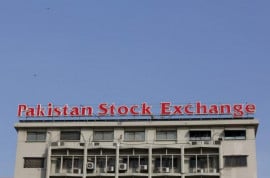

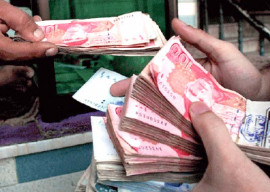
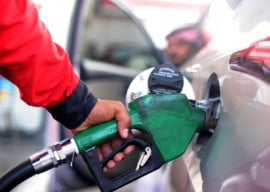
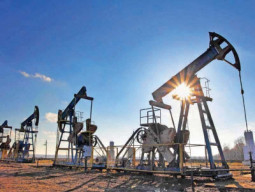




1730706072-0/Copy-of-Untitled-(2)1730706072-0-270x192.webp)
COMMENTS
Comments are moderated and generally will be posted if they are on-topic and not abusive.
For more information, please see our Comments FAQ